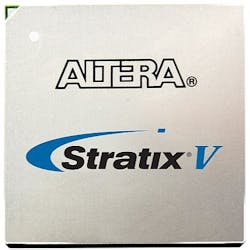Safeguarding military cloud computing from malware attack is topic of DARPA industry briefings on 26 May
Cloud computing refers to providing computer services on-demand from computer networks in which application software and data reside on one or more nodes of the network. Cloud computing enables many different computer processors and data storage devices to connect via the network and enhance the performance of the overall system. The U.S. federal government is moving quickly toward cloud computing.
In December 2010 the Federal Chief Information Officer’s Council (CIO) released a plan with a requirement for federal agencies to adopt a "cloud-first" policy for new information technology (IT) systems because of the economic advantages of doing so, to provide computing services to federal employees on-demand, and to centralize federal data for analysis.
DARPA computer scientists warn, however, that the high speed and implicit trust among cloud computing nodes can enable computer viruses and other malware to propagate quickly through cloud computing architectures. The MRC program will seek to safeguard cloud computing hosts from computer malware, and design networked computations and cloud-computing infrastructures from scratch to improve their defenses against computer malware attacks.
The MRC program will focus on supporting mission-oriented cloud computing working together on interconnected hosts. The idea is to design cloud computing architectures that adapt to threats; losing separate hosts and tasks in the cloud will be allowed as long as the system can maintain mission effectiveness, DARPA officials say. Approaches may involve redundant hosts; correlating attack information across the cloud; and building diversity into the network.
The MRC program also will be companion to the existing Clean-slate design of Resilient, Adaptive, Secure Hosts (CRASH)3 program, which takes a clean-slate approach to limiting the vulnerabilities within each host, DARPA officials say.
Companies interested in attending the MRC industry day should register no later than 23 May 2011. Register online at www.sa-meetings.com/MRCProposersDay. Attendance is limited to three representatives per organization. For questions or concerns contact DARPA's Dr. Howard Shrobe by e-mail at [email protected].
More information is online at https://www.fbo.gov/spg/ODA/DARPA/CMO/DARPA-SN-11-42/listing.html.
